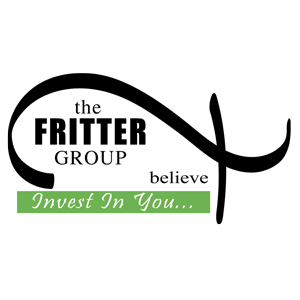April 15 will be here oh-too-soon, so following are some tips I’ve gathered through the years.
Evaluate and update your deductions. With health insurance premiums soaring and incomes unchanging or decreasing, you may qualify for deductions in categories that previously didn’t apply to your household. Likewise, there may be some new opportunities for deductions. For example, private mortgage insurance (PMI) premiums sometimes exceed a hundred dollars each month, so verify whether you qualify. The rise in gas prices also may make tallying gas costs more advantageous than tracking mileage. Visit the IRS website for other current tips: irs.gov/News-&-Events.
Rethink refunds. If you receive a tax refund every year, you may think congratulations are in order. Think again, as a yearly refund may indicate that a thorough analysis of your finances is overdue. A refund may seem like a gift, but over the long run, it is not a healthy savings method. When doing cash flow analysis for our clients we discover that many intentionally store money each month – sometimes three hundred dollars or more! – with the federal government because they’ve set up their exemptions to receive an annual refund. Savings interest rates are now anemic, so not maintaining a large savings account isn’t a big deal. However what is a big deal is financing a major project or significant purchase at a substantial interest rate – or spending an anticipated refund before it’s received. Doesn’t bringing home the money monthly for expenditures like these make more sense than having it held by the government until year-end? Invest time with a financial professional to determine if you’re better off with an increase in monthly cash flow versus a one-time, year-end refund. And plan to set aside (rather than Consume) the extra money that will be freed up if you decrease your monthly withholdings.
Accounting programs help with taxes and budgets. Preparing taxes on your own can be a nightmare, so do-it-your selfers should consider using accounting software. Quicken has been my choice for over a decade. The software doesn’t need to be elaborate since few people access all the functions offered with even the least expensive package. Plan on extra time initially to get familiar with the program, and customize categories to fit your household. For budgeting purposes, there’s no need to go back to the beginning of the year. Start with the current date, then update and analyze your transactions each week thereafter. The program will not only help come tax time next year, it’s an excellent way to convert you from unconscious to conscientious spending throughout the year.
Partner with a professional. If you do seek guidance from a tax professional, be ready to do your part. Communicate clearly, ask questions, and share details about your family’s lifestyle. It takes two, and your job is to be prepared to answer questions that will enhance your preparers’ ability to do his or her best.
Tax season is sort of like Christmas: It comes the same time every year, whether you’re ready or not. The best way to have a great holiday and tax season is to prepare in advance, research your options, follow a budget, and maximize your resources.




